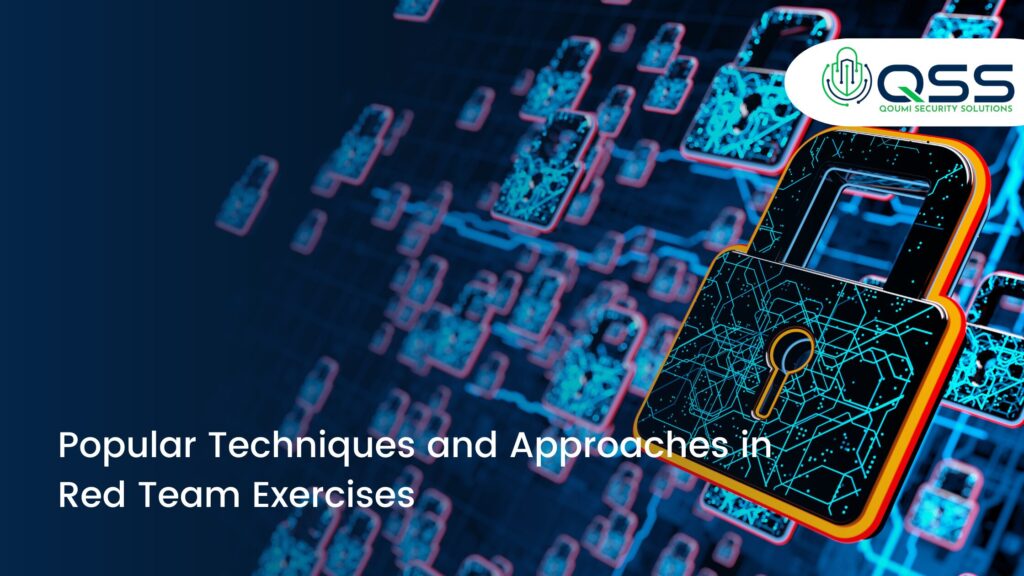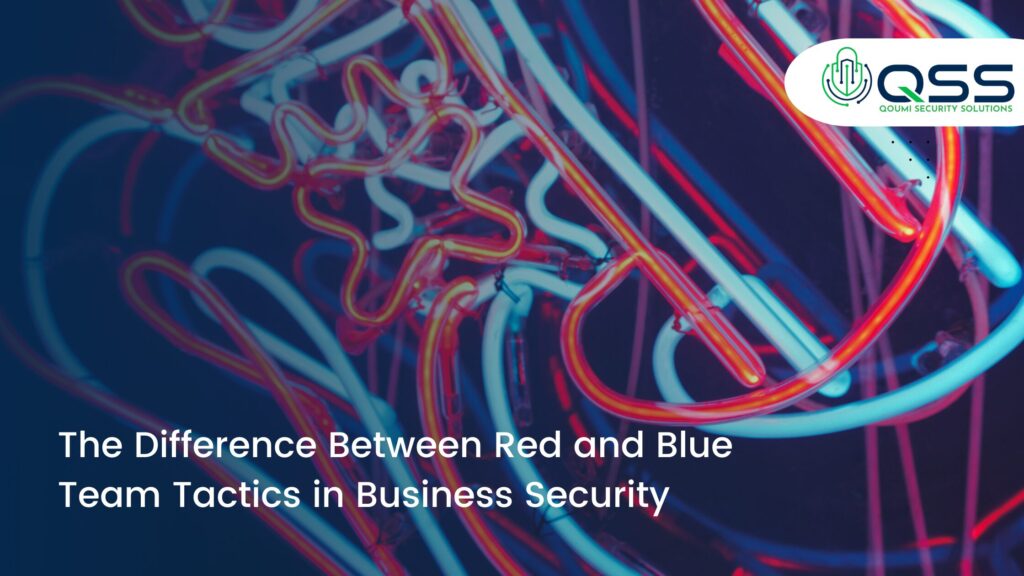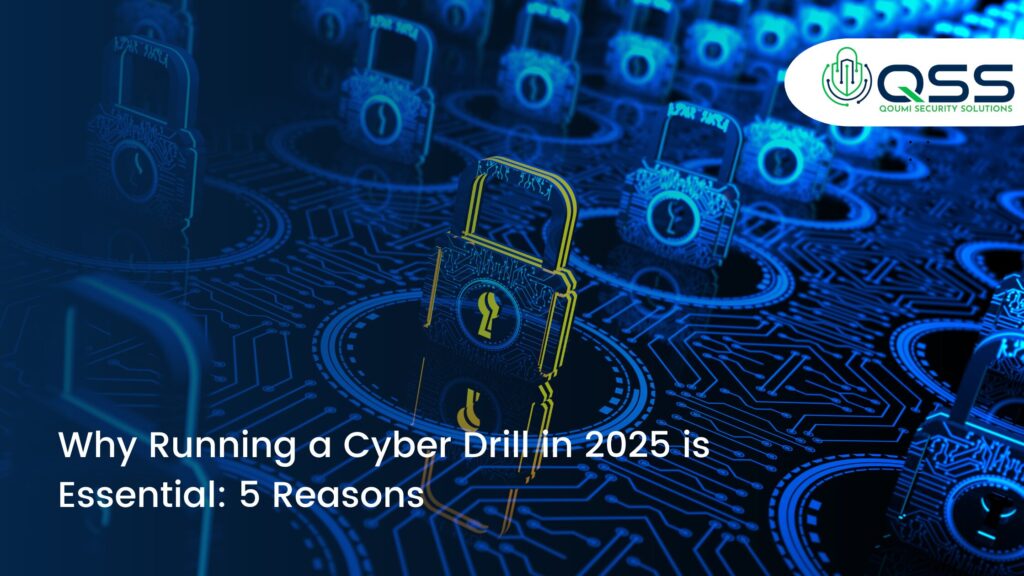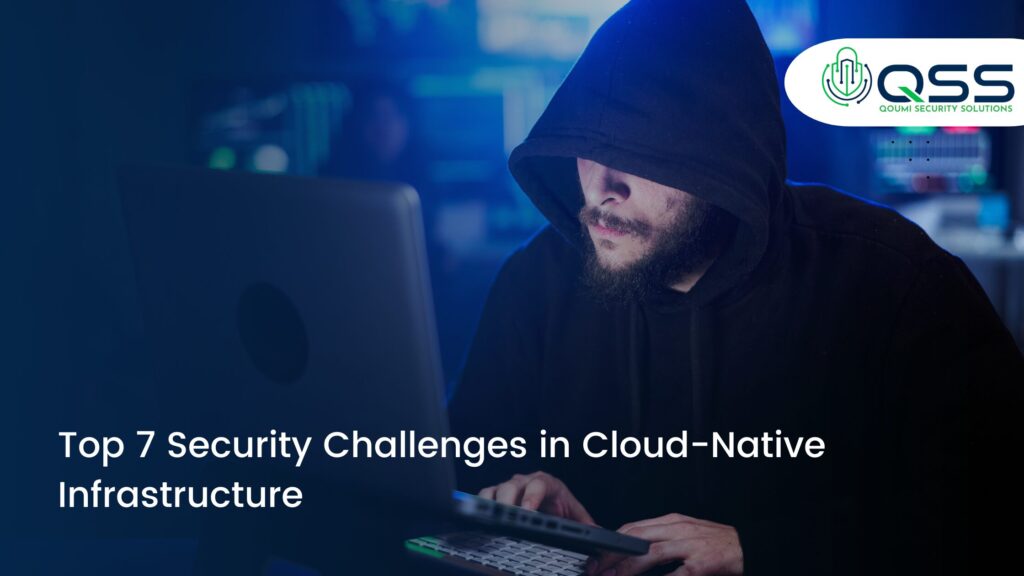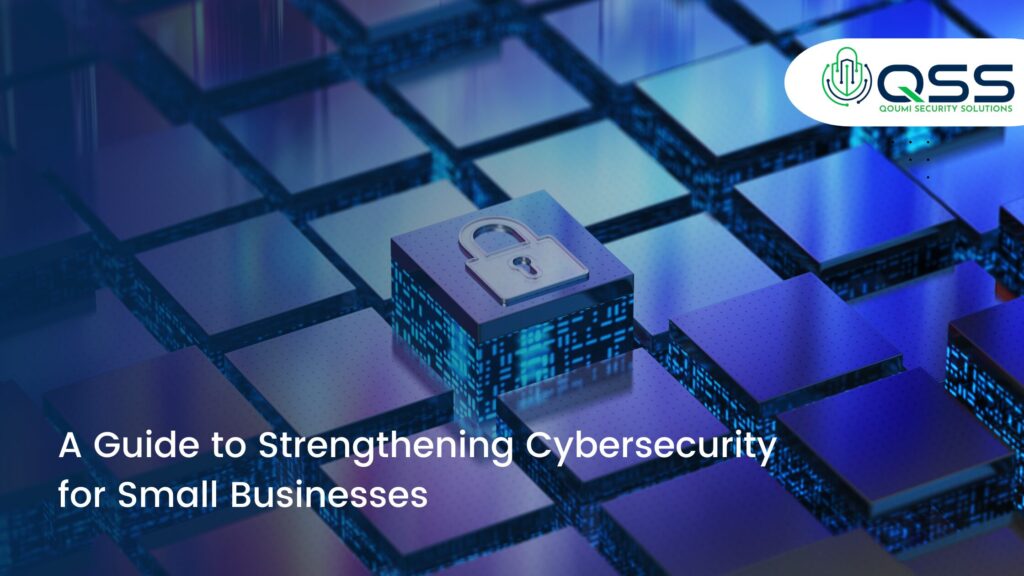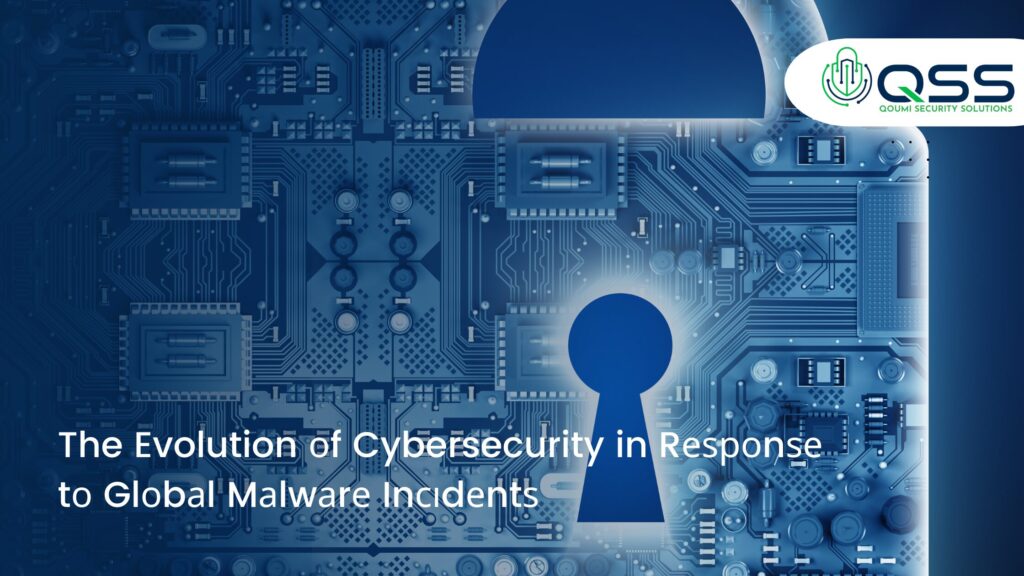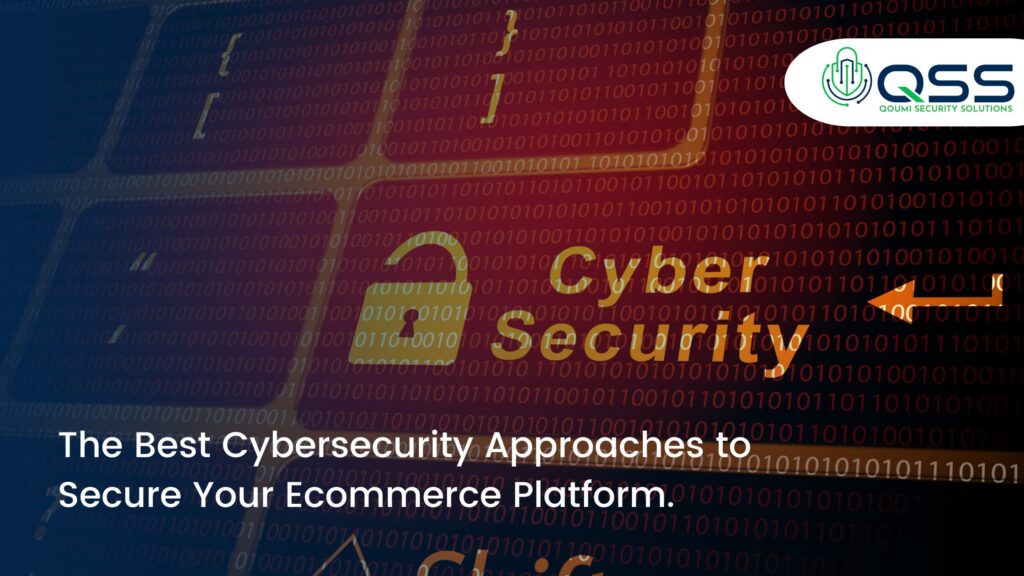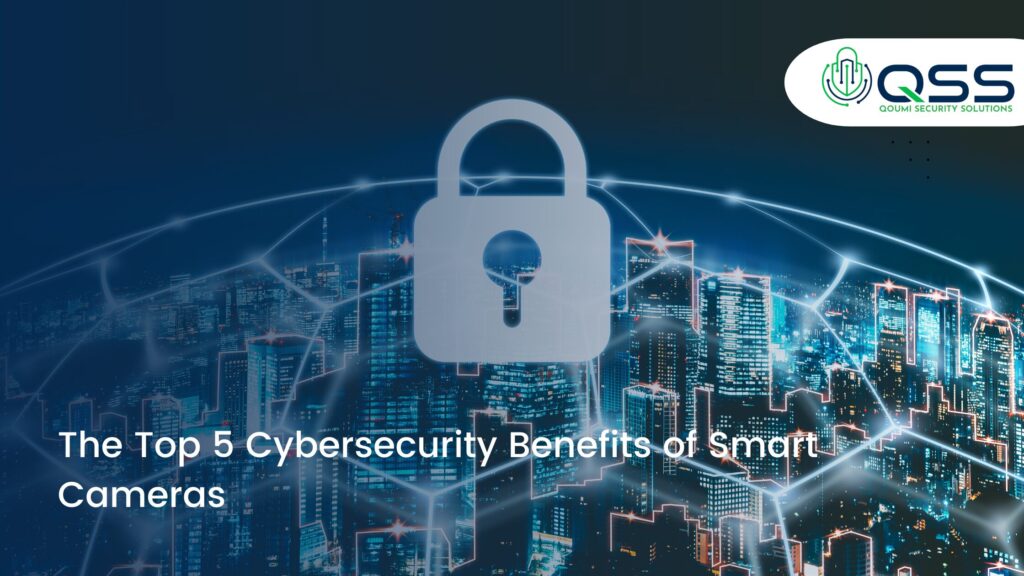who & How does cybersecurity effect?
who & How does cybersecurity effect?
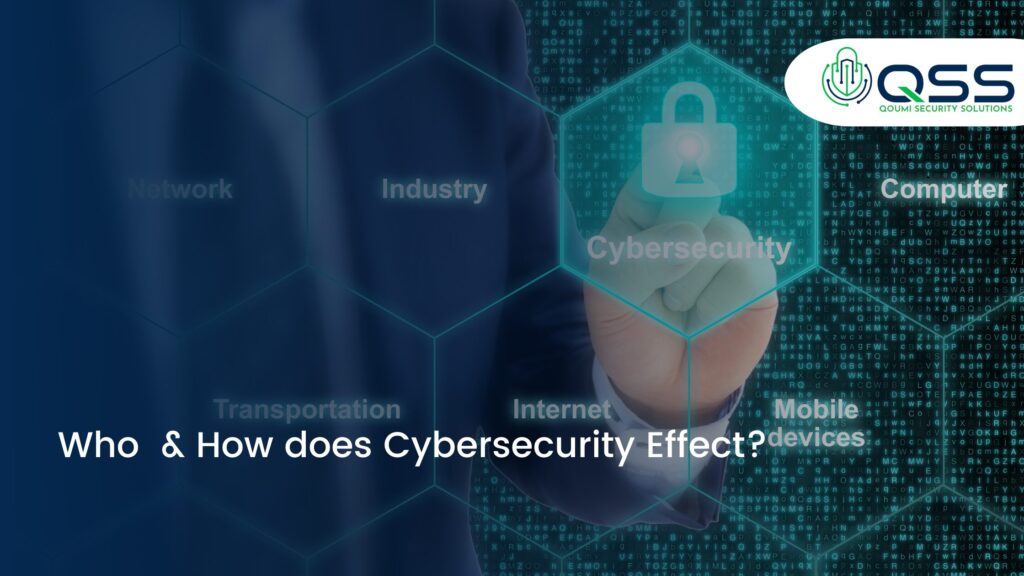
In today’s interconnected digital world, cybersecurity is no longer a niche concern—it touches almost every aspect of our lives. From individuals and businesses to governments and entire industries, cybersecurity affects everyone, shaping how we protect sensitive data, ensure privacy, and defend against cyber threats.
This blog explores the wide-reaching impact of cybersecurity, detailing who it affects and why its importance continues to grow.
Why Cybersecurity Matters
At its core, cybersecurity is about protecting digital assets, networks, and systems from unauthorized access, theft, and damage. With the rapid advancement of technology and the increasing prevalence of cyber threats, its role has become indispensable.
Cybersecurity affects everyone—whether they’re using a smartphone, managing a business, or operating critical infrastructure. Let’s break down who cybersecurity impacts and how.
- Individuals
For individuals, cybersecurity is crucial in safeguarding personal information, financial data, and privacy. With cyberattacks like phishing scams and identity theft on the rise, anyone using the internet is a potential target.
How It Affects Individuals:
- Personal Data Protection: Cybersecurity ensures sensitive information such as Social Security numbers, passwords, and banking details are secure.
- Privacy: Strong cybersecurity measures help prevent unauthorized access to personal devices and accounts.
- Financial Security: Prevents fraud and theft from online banking, shopping, or cryptocurrency platforms.
- Social Media Safety: Protects accounts from being hacked or misused for malicious purposes.
Example:
Imagine falling victim to a phishing email that tricks you into entering your bank credentials on a fake website. Strong cybersecurity practices, like recognizing suspicious links and enabling two-factor authentication, can prevent this.
- Businesses
For businesses, cybersecurity is critical for protecting intellectual property, customer data, and operations. Cyberattacks can lead to financial loss, reputational damage, and legal consequences.
How It Affects Businesses:
- Data Breaches: Cybersecurity prevents sensitive customer and employee data from being exposed.
- Operational Continuity: Ensures systems remain operational and protected from ransomware or DDoS attacks.
- Compliance: Helps businesses adhere to regulations like GDPR, HIPAA, or CCPA.
- Reputation Management: Demonstrates commitment to customer security, fostering trust.
Example:
A ransomware attack on a healthcare provider could encrypt patient records, halting operations and risking patient safety. Strong cybersecurity defenses can prevent such crises.
- Governments
For governments, cybersecurity is essential for national security, protecting critical infrastructure, and safeguarding citizen data. State-sponsored attacks and cyber espionage have made this domain a high priority for nations worldwide.
How It Affects Governments:
- National Security: Protects classified information and prevents cyber warfare.
- Public Services: Ensures the functionality of essential services like electricity, water supply, and public transportation.
- Election Security: Safeguards democratic processes from interference and fraud.
- Citizen Data Protection: Ensures government databases, such as tax records or health information, remain secure.
Example:
The infamous 2020 SolarWinds attack highlighted how cyberattacks can compromise sensitive government systems and even global organizations, emphasizing the need for robust cybersecurity strategies.
- Industries
Industries ranging from healthcare to finance and energy are heavily reliant on cybersecurity. These sectors manage massive amounts of sensitive data and operate critical systems, making them prime targets for cyberattacks.
Key Industries Affected:
- a) Healthcare
- Impact: Protects patient data, ensures operational continuity, and safeguards medical devices from cyber threats.
- Example: A breach in a hospital’s system could lead to leaked medical records or disrupted services.
- b) Finance
- Impact: Secures online transactions, prevents fraud, and protects customer financial data.
- Example: Banks deploy cybersecurity measures to prevent breaches that could result in massive financial losses.
- c) Energy and Utilities
- Impact: Safeguards power grids and water supplies from cyberattacks that could disrupt entire communities.
- Example: A cyberattack on a power grid could lead to widespread outages, affecting millions of people.
- d) Retail
- Impact: Protects customer payment data and e-commerce platforms.
- Example: Retailers face risks like credit card fraud during online transactions.
- Educational Institutions
Schools, universities, and research organizations are not immune to cyber threats. With a wealth of sensitive data and increasing reliance on digital platforms, they face significant cybersecurity challenges.
How It Affects Educational Institutions:
- Student and Staff Data: Protects personal and academic records.
- Online Learning Platforms: Ensures the security of virtual classrooms and digital tools.
- Research Security: Safeguards valuable research data from theft or sabotage.
Example:
A breach in a university’s system could compromise the personal information of thousands of students and faculty members.
- Technology Companies
Tech companies, being at the forefront of innovation, are both targets and providers of cybersecurity solutions. They face the dual challenge of protecting their assets while developing products that are secure for users.
How It Affects Technology Companies:
- Product Security: Ensures the software and hardware they develop are free from vulnerabilities.
- Intellectual Property: Protects proprietary technologies and innovations.
- User Trust: Demonstrates commitment to cybersecurity, fostering user confidence.
Example:
A breach in a major tech company could expose millions of users to data theft or identity fraud.
- Society at Large
At a broader level, cybersecurity impacts society as a whole. From preventing disinformation campaigns to ensuring the security of global financial systems, its effects are far-reaching.
Societal Impacts:
- Economic Stability: Cybersecurity protects businesses and financial institutions, ensuring stable economies.
- Public Trust: Enhances trust in digital platforms, enabling innovation and growth.
- Global Security: Prevents large-scale cyberattacks that could destabilize nations.
The Rising Importance of Cybersecurity
As technology becomes more integrated into our lives, the scope of cybersecurity continues to expand. Emerging trends like artificial intelligence (AI), the Internet of Things (IoT), and 5G networks bring new challenges, making cybersecurity a crucial aspect of digital transformation.
Conclusion
So, who does cybersecurity affect? The answer is simple: everyone. Whether you’re an individual safeguarding your personal data, a business protecting customer information, or a government defending critical infrastructure, cybersecurity is an indispensable part of modern life.
Understanding its impact and taking proactive measures to stay secure is no longer optional—it’s a necessity. By fostering awareness and adopting robust security practices, we can all contribute to a safer digital future.
Top of Form
